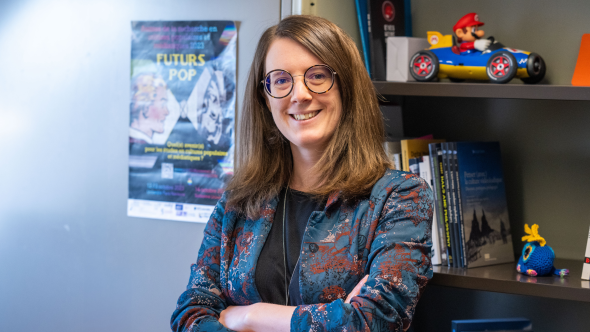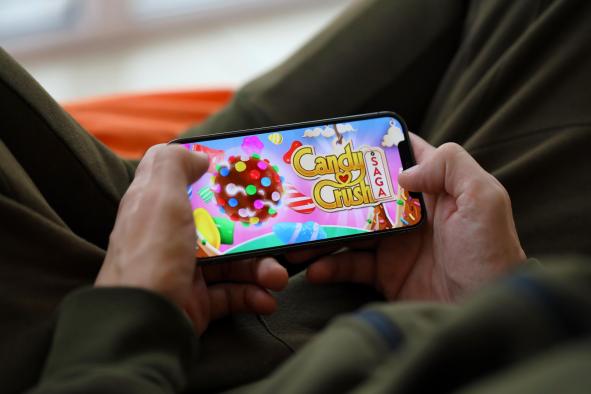At 36, Fanny Barnabé recently joined the ranks of UNamur academics. She is a lecturer in the "Social, Political and Communication Sciences" Department of the SciencesPo Economics Management Communication Faculty (EMCP). There, she teaches students in the three-year bachelor's program in interactive and participatory media and digital transition. Next academic year, she will be teaching the Media Narration and Storytelling course.
Fanny is also passionate about Japan. In 2017-2018, she completed a one-year postdoctoral stay in Kyoto, at the Ritsumeikan Center for Game Studies, under the direction of Professor Hiroshi Yoshida, with the help of a Marie-Curie COFUND fellowship from the Université de Liège (co-funded by the European Union). This stay was devoted to the study of video game paratexts.
During the academic mission organized by the Wallonie-Bruxelles International, on the sidelines of the Osaka World Expo, she was able to return to Tokyo and Kyoto to re-establish links with various colleagues specializing in game studies and set up research partnerships between Japanese institutions and UNamur.




